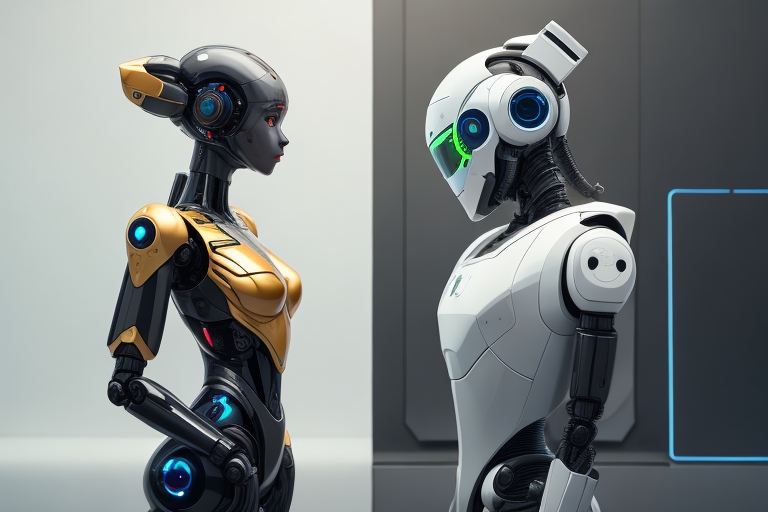Developing AI with Human Needs in Mind

- August 9, 2023
- allix
- AI Projects
Artificial Intelligence (AI) has the potential to revolutionize manufacturing processes through automation, but it’s crucial to consider the human element. Humans play a vital role throughout the production chain, and a harmonious relationship between robots and workers is essential for smooth operations.
AI should not act independently of human actions. Our cognitive and psychological states greatly influence our well-being, so it’s essential to introduce AI in a way that doesn’t overwhelm humans.
The EU-funded TEACHING project aimed to address this challenge by developing autonomous applications that incorporate human feedback. The goal was to empower humans and create a reliable and secure system.
One of the test cases involved autonomous cars, where a human-centric approach is vital for a smooth handover between the vehicle and the user. Stress levels and the psychological state of passengers greatly impact their comfort when being autonomously driven. Therefore, AI should consider the state of both the vehicle and its passengers.
In TEACHING’s model, data from sensors monitoring passengers’ physiological state is fed to the AI, which provides feedback to adapt to the driving style of the autonomous car, making the AI responsive and eventually anticipatory of the specific user.
The work in the TEACHING project led to the successful development of new methodologies and models for distributed AI. The AI demonstrated its ability to constantly learn and adapt to the reactions of specific users, focusing on being fully responsive to human needs.
This kind of distributed AI holds potential in the manufacturing sector, where effective human-robot collaboration is essential. By considering human needs and learning from interactions, this AI can enable robots to operate autonomously while respecting human requirements, ultimately leading to a safer, less stressful, and more efficient workplace.
Categories
- AI Education (37)
- AI in Business (62)
- AI Projects (85)
- Research (57)
Other posts
- The Complete List of 28 US AI Startups to Earn Over $100 Million in 2024
- Keras Model
- Scientists Develop AI Solution to Prevent Power Outages
- NBC Introduces AI-Powered Legendary Broadcaster for Olympic Games
- Runway Introduces Video AI Gen-3
- Horovod – Distributed Deep Learning with TensorFlow and PyTorch
- Research Reveals Contradictory Positions Of AI Models On Controversial Issues
- Using AI to Understand Dog Barking
- The Autobiographer App Uses Artificial Intelligence To Record Your Life Story
- Chainer – Dynamic Neural Networks For Efficient Deep Learning
Newsletter
Get regular updates on data science, artificial intelligence, machine



